On July 23, 2023, Spain went to the polls. Prime Minister Pedro Sánchez’s Socialists had been declining in popularity, and the conservative Popular Party seemed set to win in a landslide. But Sánchez surprised them by calling an early election. The Popular Party was caught unprepared. After the elections, its share of the seats in the 350-strong lower house of the Spanish parliament rose from 89 to 137. However, this fell short of the magic majority number of 176 seats required to rule in the parliamentary democracy of Spain.
In this hung parliament, Alberto Núñez Feijóo, the leader of the Popular Party, tried to cobble together a coalition. He failed. Sánchez, a crafty political operator, smelled blood and seized his chance. On November 16, he pulled the rabbit out of the hat and became prime minister again.
In order to do so, Sánchez had to make a compromise. In Spain’s fragmented political landscape, either major party generally needs the support of minor parties to achieve a parliamentary majority. Like in Israel, the major political forces of the center-left and center-right are too fiercely opposed to work together. So, a grand coalition à la Germany was not an option. Instead, Sánchez had to draw on the support of far-left parties that have formed a platform called Sumar, which includes the Communist Party.
But the far left is not the only minority political force Sánchez needed to achieve a parliamentary majority and form the government. The wily Sánchez had to make a deal with Catalan nationalist parties. Some of these parties want greater autonomy for Catalonia, Spain’s richest region, and a few want outright independence. The Spanish right is so strongly nationalist that it could never work together with secessionists. For the left, however, although they do not support Catalan nationalism, working with secessionists is an option.
In 2017, Catalonia illegally declared independence by referendum. Spanish authorities arrested politicians who had organized it. The Spanish state is currently prosecuting many of them for misappropriating public funds to pay for the vote. Like many Catalan leaders, Carles Puigdemont, leader of Together for Catalonia, one of the two largest independence parties, fled Spain. He has been living in exile ever since. In order to get the Catalan nationalists’ support, Sánchez has promised legal amnesty to the leaders facing prosecution or in exile.
Has Sánchez’s gamble paid off?
Sánchez is a risk-taker and a consummate hardball political player. As a young politician, he broke up through the ranks of the Socialist party even though the old guard did not like him. He went from town to town canvassing until he had enough votes to force his way in. In 2018, as opposition leader, Sánchez championed an unprecedented no-confidence vote which brought down the Popular Party government headed by Mariano Rajoy. In early 2023, Sánchez’s approval ratings as prime minister were low, and the Popular Party’s fortunes in opinion polls were rising. But Sánchez cleverly declared an early election, catching his conservative rivals off-guard. Now, he is making a deal with secessionists in order to keep power. This has enraged the right and unsettled many Socialists. Yet, though his methods are questionable, they have worked so far.
Although Sánchez and the Catalan nationalists have struck a deal, the latter are not forming part of Sánchez’s coalition government. Instead, they will simply abstain from confidence votes. This allows the Socialists and their ally, Sumar, to govern by themselves, although they are a minority in parliament.
Typically, a minority government like this is a very unstable arrangement. The stakeholders have diverging interests, and, without a formal coalition agreement, any one of them could break the deal and walk away. But Sánchez’s arrangement is different. It will hold, because there is simply no other option for its members. Sánchez knows that he cannot govern Spain without the Catalan parties’ help. And the Catalan parties, as well as Sumar, know that they would have no say if the Popular Party succeeded. So, Sánchez is their least worst option.
So, in the short term, Spain seems to be safe from political chaos. But Sánchez is playing with fire. Pardoning secessionists may be very destructive in the long term.
What does this mean for the rest of the world?
Spain can be an anomalous country. It is a truism that every nation is different. But it bears repeating. Many observers have sought to draw comparisons between Spain’s political turmoil and that of Argentina, a former Spanish colony. In Argentina, far-right libertarian candidate Javier Milei won the presidential election despite being a political outsider. It’s easy to project these anxieties onto Spain, which also has a far-right populist movement, Vox. Yet the two cases could not be more different in terms of the mechanics.
In Argentina, like in the United States, individual presidential candidates contend for popular support. The winner takes all, since the president, who is directly elected, governs. Milei barely had a party at all. He won on his personal popularity and unique platform. Spain’s situation is much more typically European. The prime minister governs as the representative of a coalition in parliament. Each party’s political platform is firmly established. Here, the parties are jockeying for position by making deals with other parties, rather than competing in a contest of candidates. So we can read very little into superficial similarities between the two Spanish-speaking nations; what happens in Buenos Aires is by no means what will happen in Madrid.
With regard to Spain’s foreign relations, very little is likely to change. Sánchez is pro-US and pro-NATO. With regard to Spain’s relationship with the EU, he will continue to maintain the status quo. The EU is not an issue on which the Socialists and Popular Party differ. Instead of involving itself in the disputes that plague Europe’s eastern flank, Spain is more interested in expanding its influence in North Africa. So, while the developments within Spain have been dramatic, the rest of the world is largely insulated from them.
For now, things will be quiet. What is coming in the future, as Spain’s political ecosystem continues to evolve, is anyone’s guess.
[Anton Schauble wrote the first draft of this piece.]
The views expressed in this article/video are the author’s own and do not necessarily reflect Fair Observer’s editorial policy.




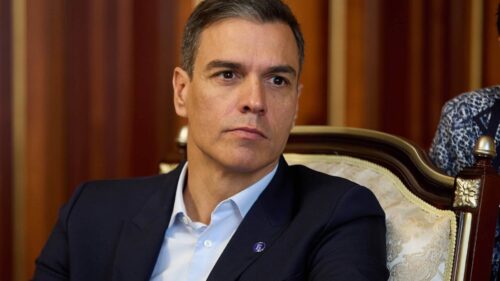


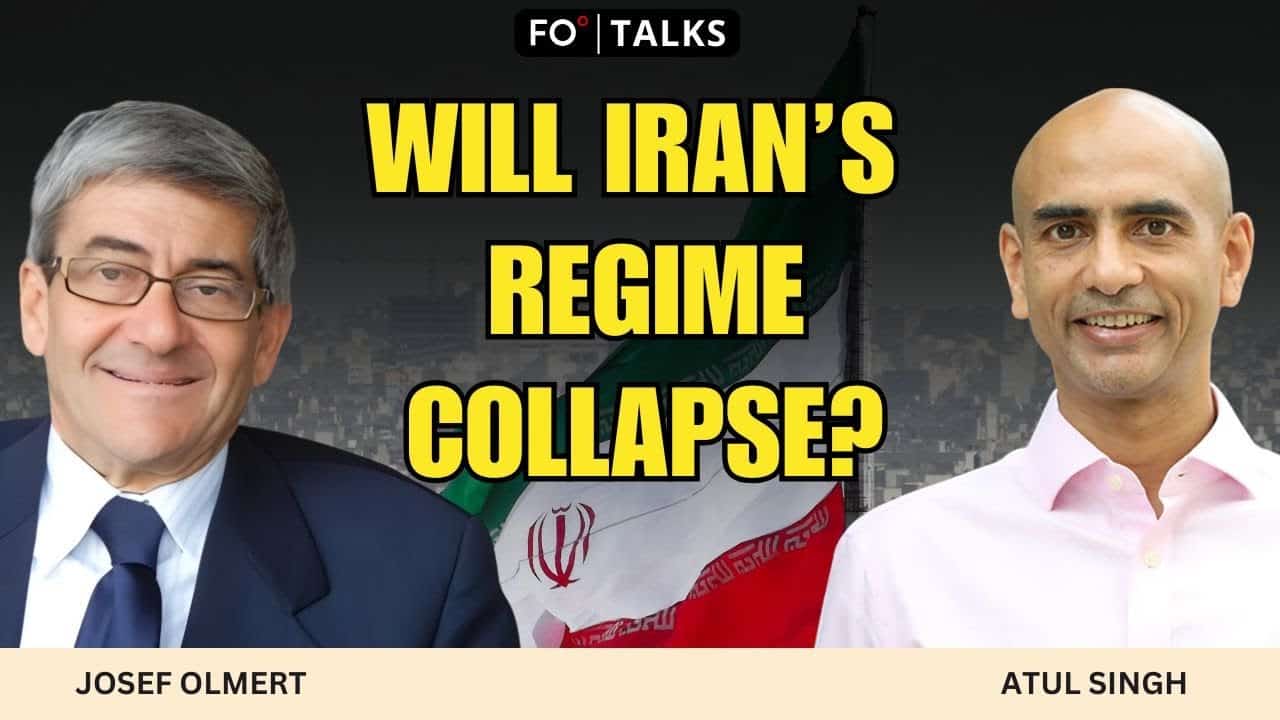








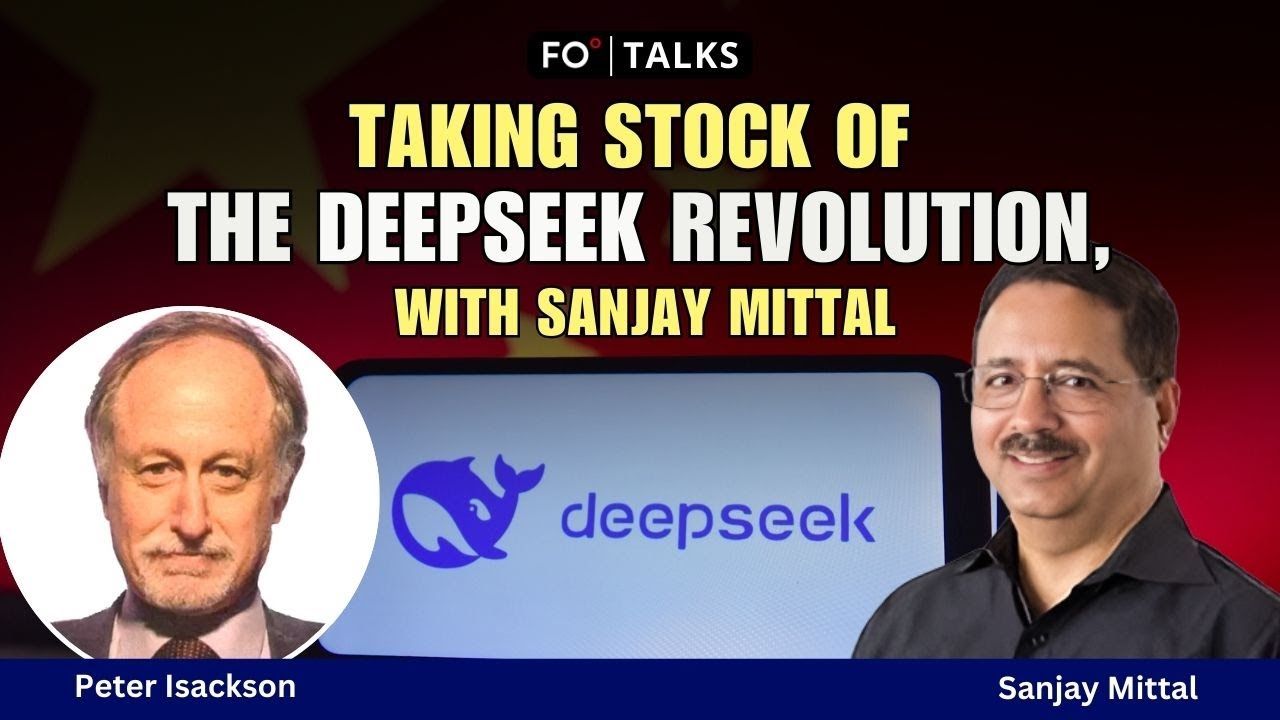

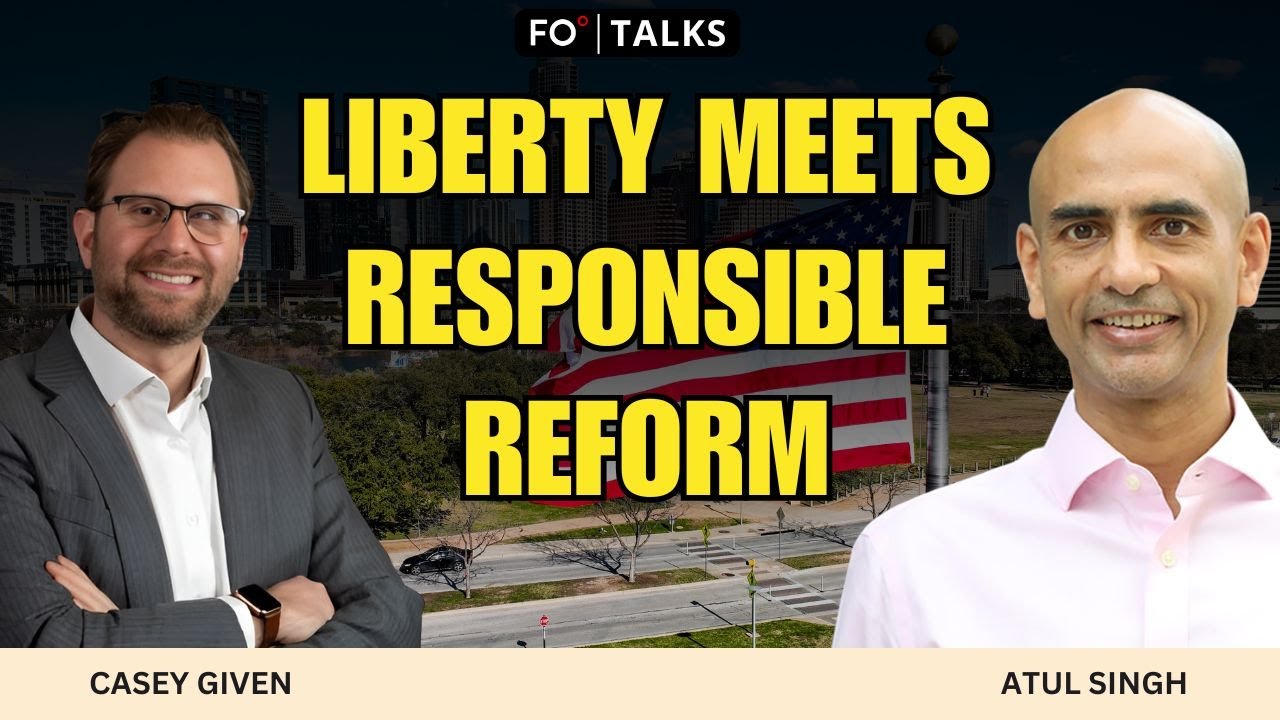

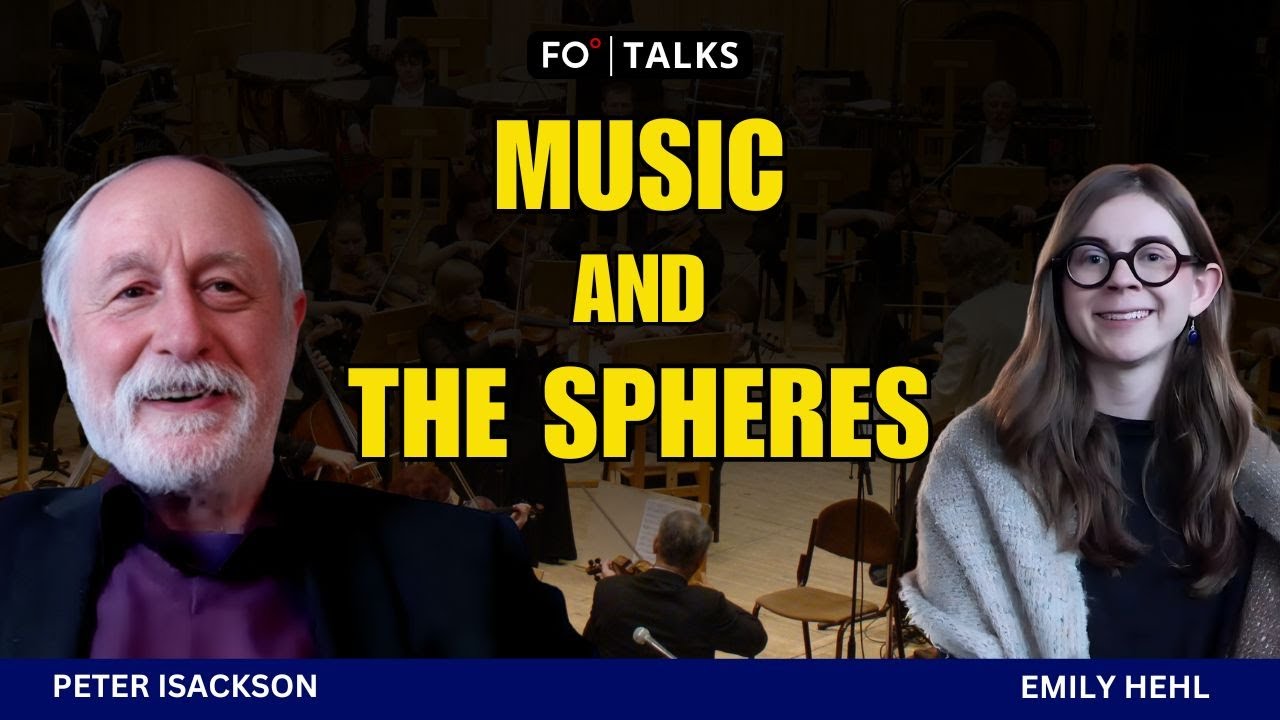







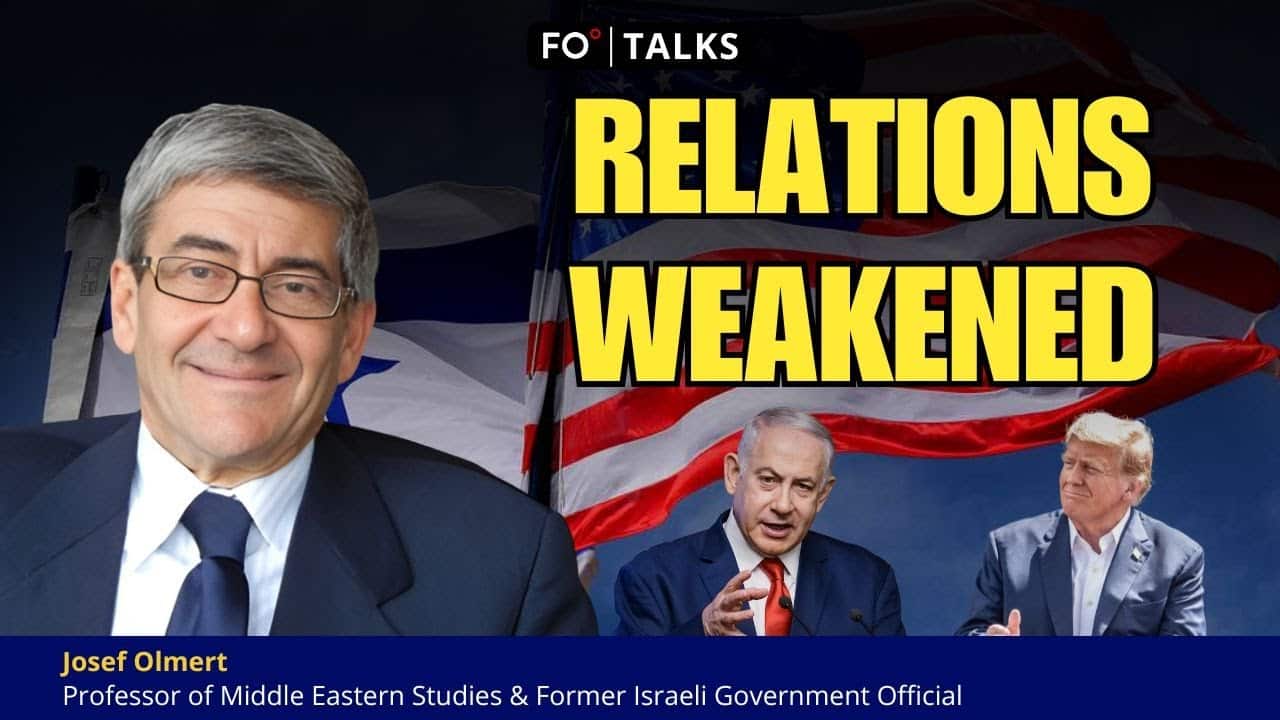


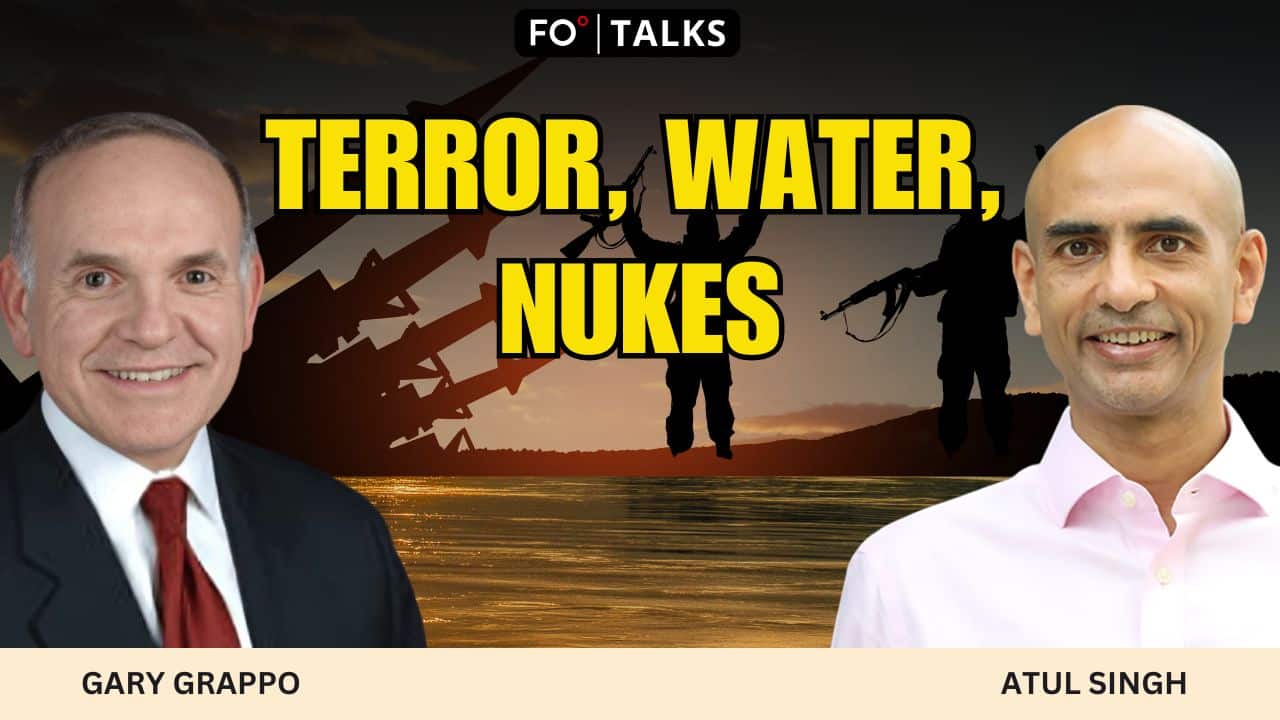



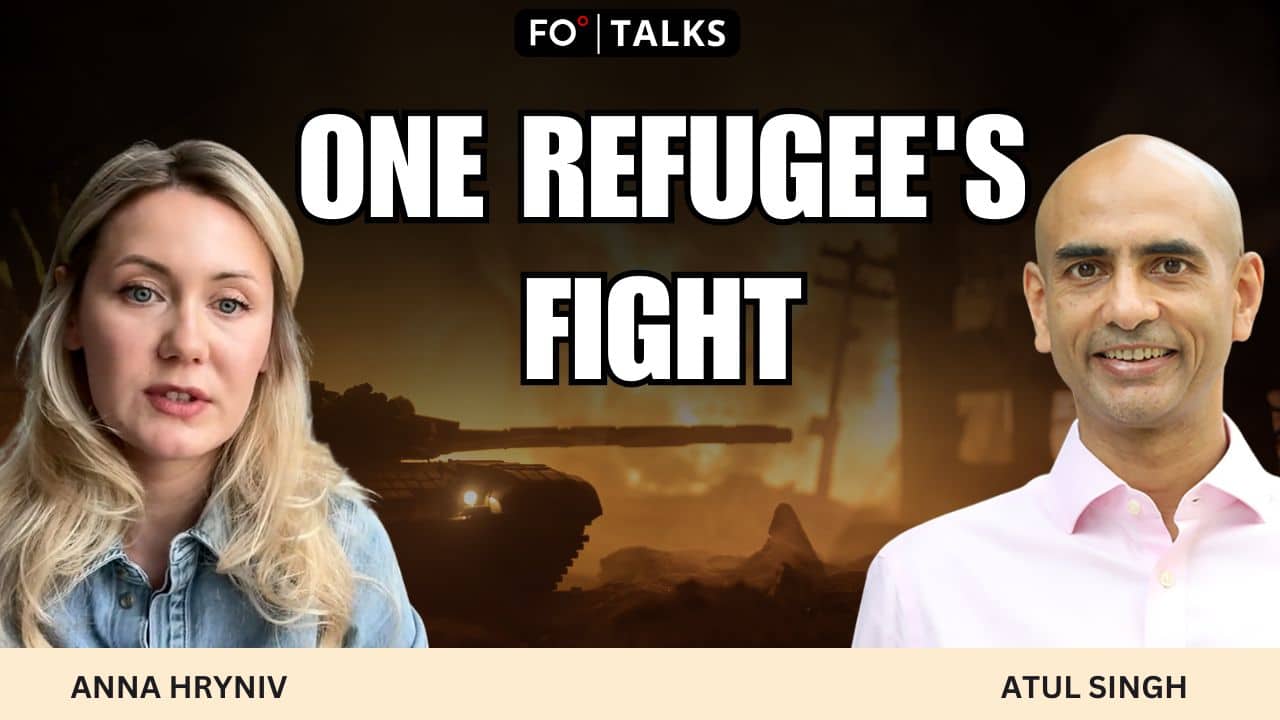

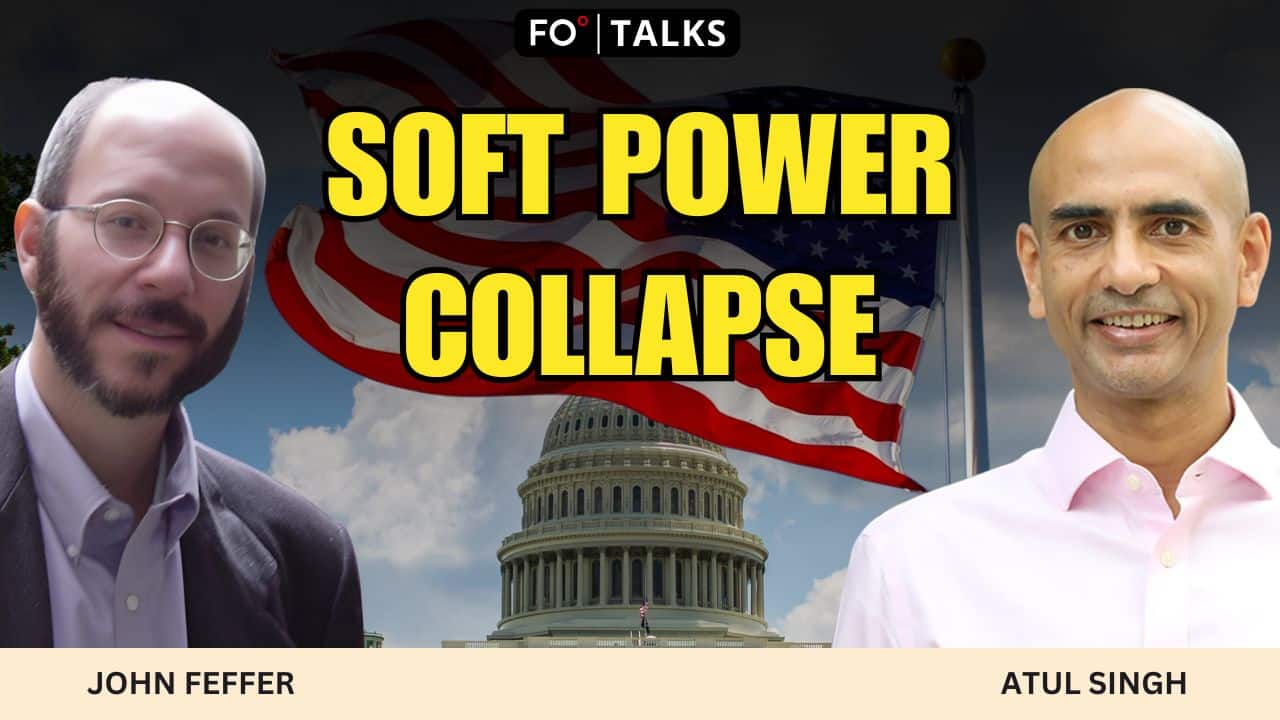

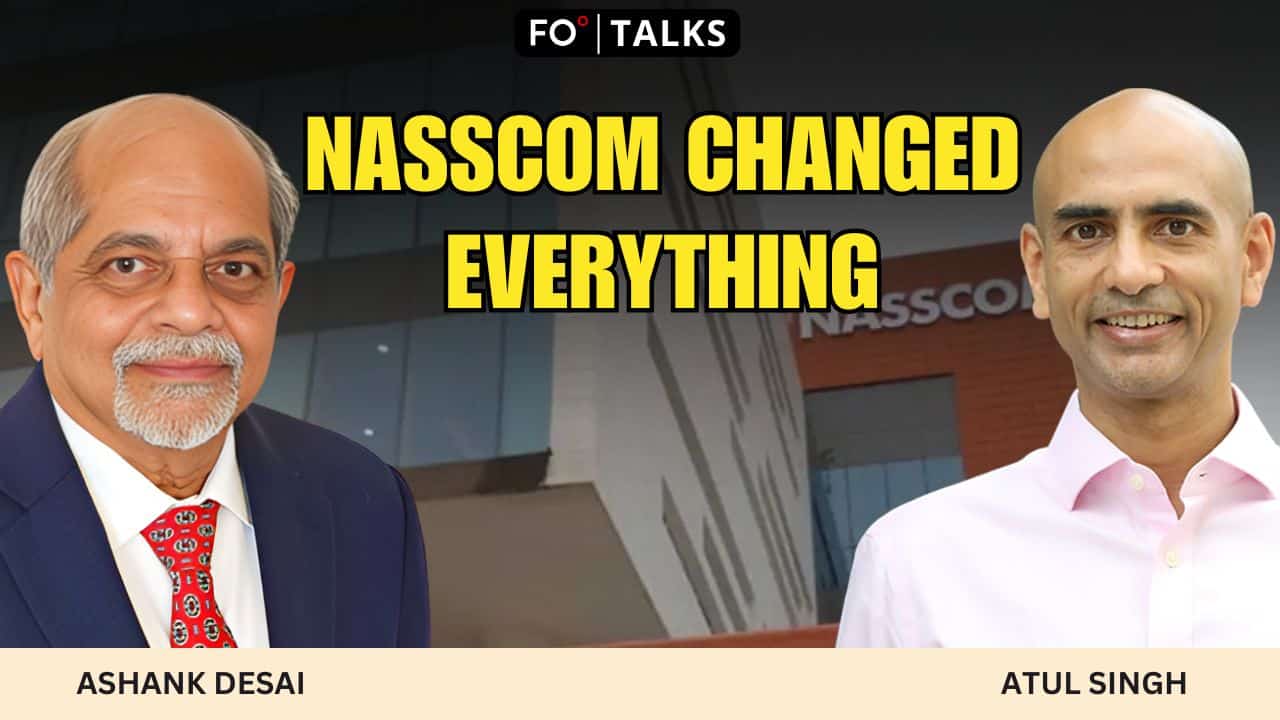


Comment